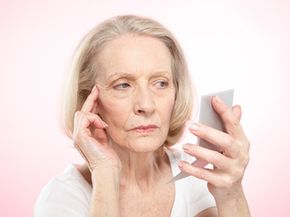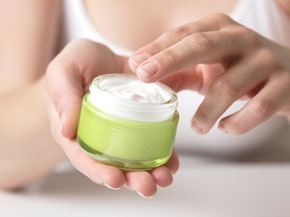Your local newspaper's obituary page may not seem like a hot spot for scientific research, but in 2009, researchers from Ohio State University published a study that proved otherwise. The researchers evaluated 400 obituaries spanning four decades from the newspaper with the largest circulation in Ohio. They were looking for photographs they deemed "age-inaccurate," meaning that the obituary photo showed the deceased at a point that was at least 15 years prior to the time of death. The researchers found that the number of age-inaccurate photos increased steadily from 1967, when they made up just 17 percent of the photos, to 1997, when they comprised 36 percent of photos [source: Ohio State University]. It was also noted in the study that women were more than twice as likely as men to have an age-inaccurate photograph.
Naturally, we'd all like to be remembered with a beautiful and tasteful photograph that captures our essence. Still, the researchers were amazed at how many more people are now likely to think that their defining photograph was taken years and years ago. Though we're living longer and longer lives, it's clear that we're not happy with the effects of aging. People don't seem to care that wrinkles are merely indicators of past smiles, as Mark Twain once opined. In the United States alone, anti-aging cosmetic products have become a multi-billion dollar industry, and sales will likely only continue to grow as more baby boomers try to get rid of their fine lines and wrinkles.
Advertisement
Makers of anti-aging creams make some pretty enticing promises: They claim to give you a face several decades younger by firming up the skin that has sagged, eliminating the spots that have formed and leaving you with a rejuvenated glow. Such miracles don't come cheap, though, if the prices of some of these creams can be believed. Is a jar of anti-aging cream worth the money, or is it just a lot of empty promises in fancy packaging?




